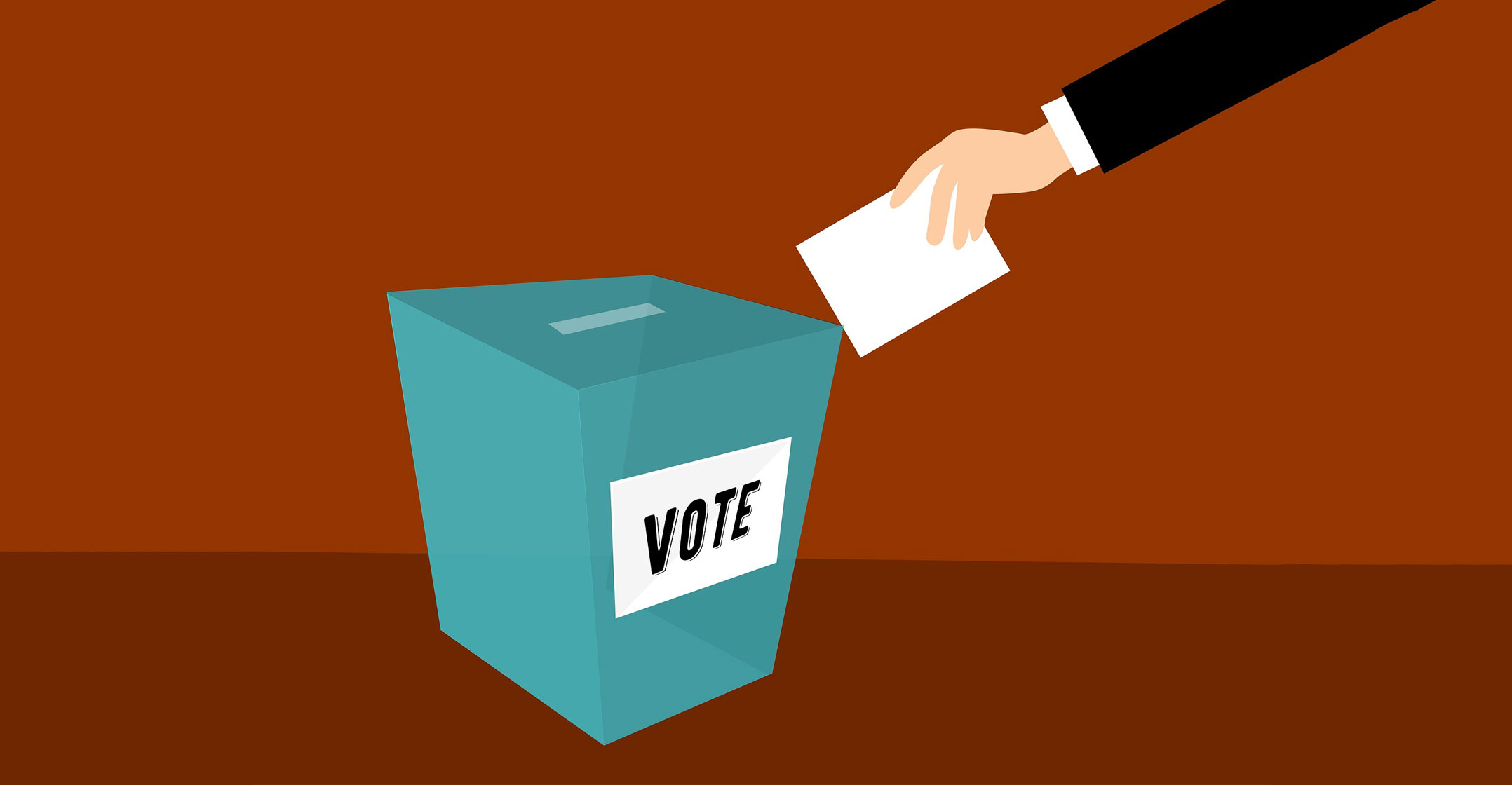 The Protection of Personal Information Act (Popia) applies to the processing of information, by automated and non-automated means. This includes political parties.
The Protection of Personal Information Act (Popia) applies to the processing of information, by automated and non-automated means. This includes political parties.
The planning, implementation and management of elections necessarily involves the processing of voters’ personal information and thus Popia is automatically invoked.
Data subjects receive not only calls and SMSes but at times e-mails from various political organisations. The question then becomes: where did the political party get your personal information? Who gave the party permission to use this information? When was consent received as envisaged by Popia? More importantly, why is it that political organisations wish to know how and whether we wish to exercise the right to vote at all?
At the heart of the debate is the fact that the voters roll is a public document in South Africa that can be accessed by any political affiliation and any person at the mere payment of a fee.
The voters roll contains important and private information such as a person’s name and surname, identity number, cellphone number, address and date of birth, as well as the voting district in which a person will cast their vote.
The very inclusion of one’s identity number provides details of one’s date of birth, gender and age as well as whether a person is a South African citizen or a permanent resident. Also, one might very well object to one’s mobile number being available at the offices of the Electoral Commission.
Burning issue
The information in the voters roll most raises various questions when considering the right to privacy and Popia in general.
The South Africa information regulator, Pansy Tlakula, reiterated at the recent International Conference of Information Commissioners the need for developing a guideline in respect of access to information and the protection of personal data in the election process. The issue of personal data and how it is used in the election process truly is a burning issue.
Political parties around the world rely to a certain extent, on data and personal data. They rely on data — voters’ data — to facilitate and inform their decision making. Among others, voters’ data is used to make decisions as to which campaign messages to focus on or how to target supporters, undecided voters and non-supporters.

While data-driven political campaigns are not in any way or manner new, the extent and granularity of data available and the potential power to sway voters through that data is.
From a Popia perspective, the use of personal data when it comes to political campaigning is highly privacy invasive and indeed raises important data security questions. Furthermore, the use of personal data could very well undermine faith in the democratic process.
There is a complex corporate ecosystem behind targeted political advertising. This isn’t just the likes of Facebook but also data analytics companies that should stand up and be part of this important conversation. Data analytics firms are employed by political parties contesting elections to inform the campaign direction of the party.
What drives this process is not always clear to a voter.
What is clear is that there are companies whose business model it is to analyse and in some instances exploit the data people share in the public domain in such a way that intimate personal details about a person’s beliefs, habits and behaviour can be better understood and used for the purpose of allowing political parties to target these individuals with political messages.
Access to personal information and the use thereof should be top of mind to every single voter, not only in South Africa, but all over the world.
Respect your privacy
Popia in South Africa will have an impact on how political parties access, process and use voters’ information. Therefore, at a minimum, political parties should educate themselves and their members about what is required from them in terms of the data protection law, which will soon come into full force.
The protection of personal data should be at the centre of their functions and activities and their actions must show that not only is your vote important to them but they recognise the sensitivity and value of the population’s information and respect your privacy.
- Ahmore Burger-Smidt is director and head of the data privacy practice group at Werksmans Attorneys




